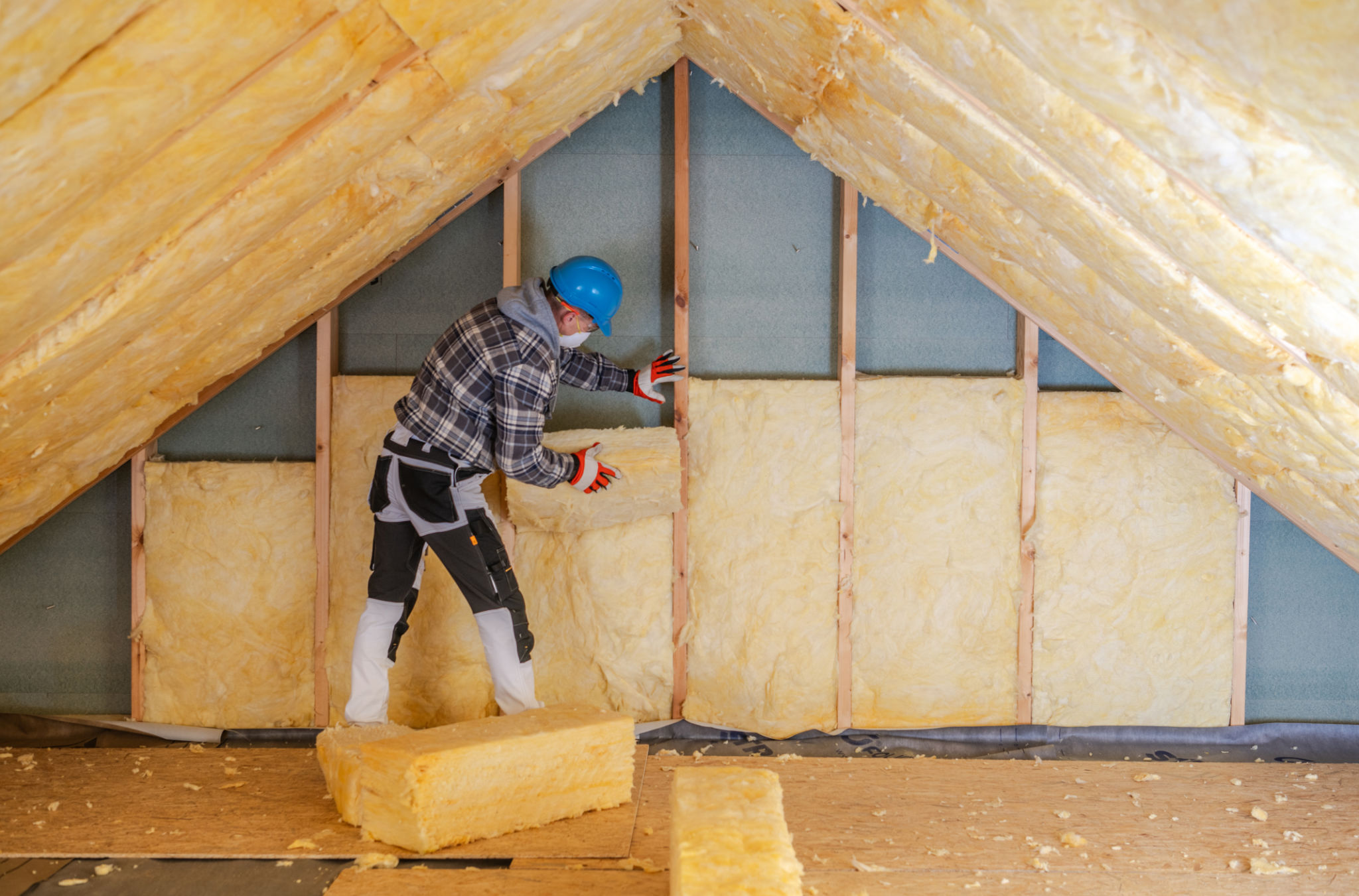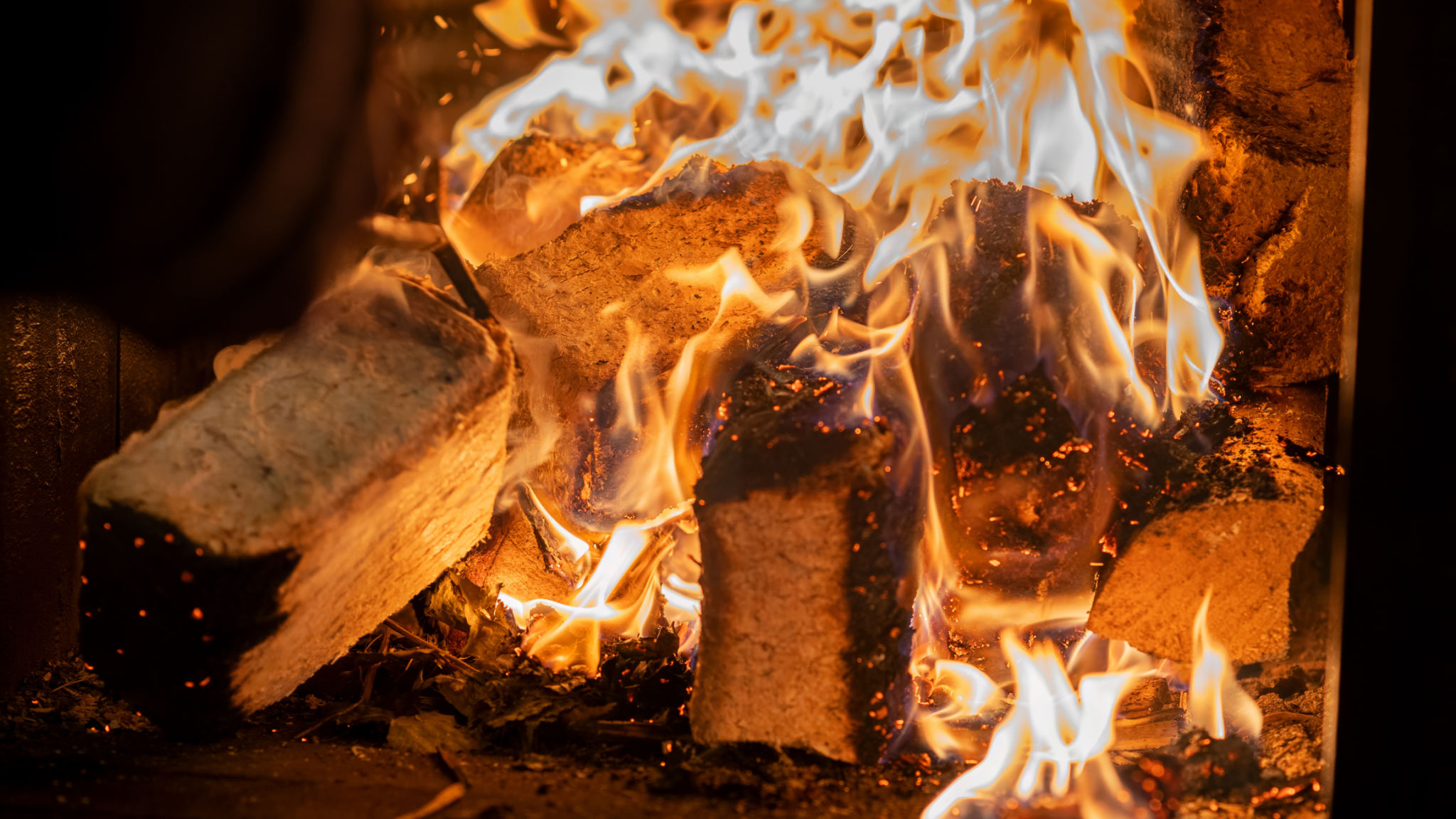Preparing Your Home for Winter: Essential Construction Tips
Inspect Your Home's Exterior
As winter approaches, it's crucial to inspect the exterior of your home to ensure it's ready to withstand harsh weather conditions. Start by examining the roof for any damaged or missing shingles, as these can lead to leaks when snow and ice accumulate. Repairing or replacing these shingles now can save you from costly water damage later on.
Don't forget to check the gutters and downspouts. Clean out any debris that could cause blockages, ensuring water can flow freely away from your home. This will help prevent ice dams, which can cause significant damage to your roof and interior.

Seal Windows and Doors
Drafts can significantly increase your heating bills and make your home uncomfortable during winter months. Inspect the seals around windows and doors for any gaps or cracks. Use weatherstripping or caulk to seal these areas, providing an extra layer of insulation.
Consider replacing old, single-pane windows with energy-efficient double or triple-pane options. While this is a more significant investment, it can greatly improve your home's energy efficiency and comfort level.
Check Your Home's Insulation
Proper insulation is key to keeping your home warm and energy-efficient during the winter. Check the insulation in your attic, as heat rises and can escape through the roof if not properly insulated. If necessary, add more insulation to meet recommended levels.

Walls, floors, and basements should also be checked for adequate insulation. If you notice cold spots or drafts in particular areas of your home, consider adding insulation to those areas as well.
Prepare Your Heating System
A well-maintained heating system is essential for a comfortable and efficient home in winter. Before the cold sets in, have your furnace inspected and serviced by a professional. This includes cleaning or replacing filters, checking for any leaks, and ensuring everything is functioning properly.
If you have a fireplace, now is the time to have it cleaned and inspected. Creosote buildup can pose a fire hazard, so ensure it's professionally cleaned before using it. Additionally, check that your chimney cap is in place and in good condition to prevent animals and debris from entering.

Protect Your Pipes
Frozen pipes can burst and cause significant water damage, so it's essential to protect them as temperatures drop. Insulate exposed pipes in unheated areas, such as basements, garages, and crawl spaces. You can use foam pipe insulation or heat tape to keep them warm.
During extreme cold spells, let faucets drip slightly to prevent freezing, and keep cabinet doors open to allow warm air to circulate around pipes. Also, know where your main water shut-off valve is located in case you need to quickly turn off the water supply.
Prepare for Emergencies
Winter storms can lead to power outages and other emergencies, so it's wise to prepare in advance. Stock up on essential supplies such as non-perishable food, bottled water, flashlights, batteries, and a first-aid kit. A battery-operated radio can also be useful for staying informed during a power outage.
Consider investing in a backup generator to keep essential systems running during an outage. Make sure you understand how to operate it safely before an emergency arises.
